Introduction
In today’s hyper-connected world, our brains are constantly bombarded with information. From checking notifications every few minutes to scrolling endlessly through social media feeds, screen time has become an unavoidable part of modern life. While technology offers incredible benefits, overexposure can lead to mental fatigue, anxiety, and reduced productivity. This is where a digital detox can help. But what exactly is a digital detox, and why does your brain desperately need one?
What is a Digital Detox?
A digital detox refers to a period of time when a person refrains from using digital devices such as smartphones, computers, tablets, and social media platforms. The goal is to reduce stress, improve focus, and re-establish healthy habits by disconnecting from the digital world and reconnecting with the real one.
How Constant Digital Use Affects the Brain
1. Information Overload
- The human brain can only process a certain amount of information at a time.
- Excessive exposure to digital stimuli causes cognitive overload, leading to mental fatigue and reduced decision-making ability.
2. Disrupted Sleep Patterns
- The blue light from screens suppresses melatonin, the hormone responsible for sleep.
- Using devices before bed interferes with the body’s circadian rhythm, causing insomnia or poor-quality sleep.
3. Reduced Attention Span
- Rapid switching between apps and notifications conditions the brain to seek constant stimulation.
- Over time, this lowers the ability to focus on single tasks and reduces overall productivity.
4. Increased Stress and Anxiety
- Constant connectivity can create a sense of urgency and pressure to always be “on.”
- Social media comparison and negative news also contribute to heightened anxiety and low self-esteem.
Signs You May Need a Digital Detox
- You feel anxious or uneasy when you’re away from your phone.
- You’re checking emails or notifications multiple times an hour.
- You’re experiencing headaches, eye strain, or sleep disturbances.
- You find it hard to concentrate or remember things.
- You spend more time online than engaging with people in real life.
Benefits of a Digital Detox
🧠 Improved Mental Clarity
- Taking a break from screens reduces mental clutter and sharpens cognitive function.
😴 Better Sleep Quality
- Reduced screen exposure before bedtime helps restore natural sleep cycles.
💬 Enhanced Relationships
- Being fully present improves communication and emotional connection with others.
🧘 Reduced Anxiety & Stress
- Disconnecting from constant notifications and online pressures brings emotional relief.
⏱️ More Free Time
- Less screen time creates space for hobbies, exercise, mindfulness, or outdoor activities.
How to Start a Digital Detox
1. Set Clear Boundaries
- Establish “no screen” times, such as during meals or one hour before bed.
- Use apps like Forest, Focus Mode, or Digital Wellbeing to limit usage.
2. Designate Tech-Free Zones
- Make areas like the bedroom or dining table screen-free to encourage real interactions.
3. Use Technology Mindfully
- Turn off non-essential notifications.
- Unfollow or mute accounts that add negativity or noise to your day.
4. Schedule Offline Activities
- Replace screen time with books, walking, journaling, or hobbies like art or cooking.
5. Start Small and Build Up
- Try a 24-hour detox over the weekend or a few hours each day, then increase gradually.
Digital Detox Tips for Different Age Groups
| Age Group | Detox Suggestions |
|---|---|
| Children (5–12) | Encourage outdoor play, board games, or crafts instead of screen time. |
| Teenagers | Limit social media access with app timers and involve them in sports or reading challenges. |
| Adults | Use the Pomodoro technique to focus work and take tech-free breaks. Practice mindfulness. |
| Seniors | Help them explore offline hobbies like gardening, reading newspapers, or puzzle games. |
How Often Should You Do a Digital Detox?
There’s no one-size-fits-all approach. However, even short daily breaks (15–60 minutes) from screens can provide relief. A weekly detox day or monthly weekend without screens can lead to significant mental and emotional benefits over time.
Conclusion
A digital detox is not about completely abandoning technology — it’s about restoring balance. Giving your brain the rest it needs helps improve sleep, focus, emotional well-being, and overall health. In a world that constantly demands your attention, choosing to unplug—even briefly—is a powerful act of self-care.
ABOUT THE AUTHOR
Dr. Alex Sam is a passionate healthcare professional with an MBBS and MRCGP degree and a strong commitment to modern medicine. Known for his empathetic approach, he emphasizes listening to his patients and understanding their unique health concerns before offering treatment. His areas of focus include family medicine and general health management, where he strives to provide holistic care that improves both physical and mental well-being. Dr. Alex is also a strong advocate for preventive screenings and early detection of diseases, ensuring his patients maintain healthier lives. With a calm demeanor and deep medical insight, he has earned the trust of both his patients and peers in the medical community.
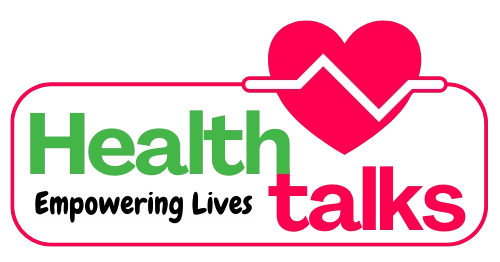
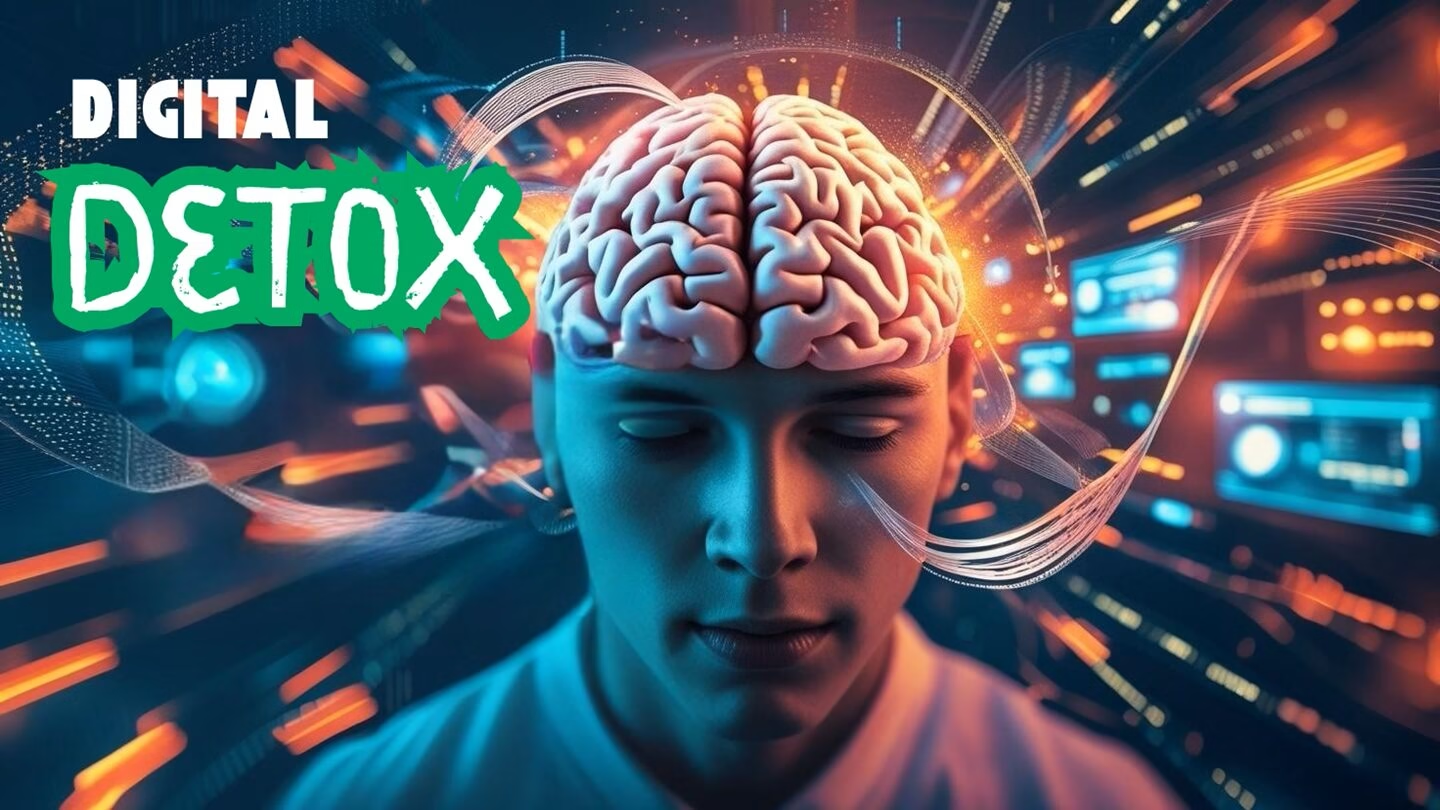


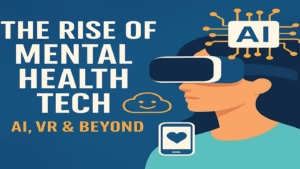

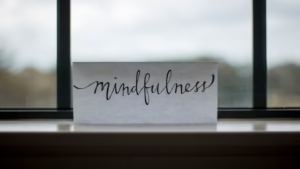


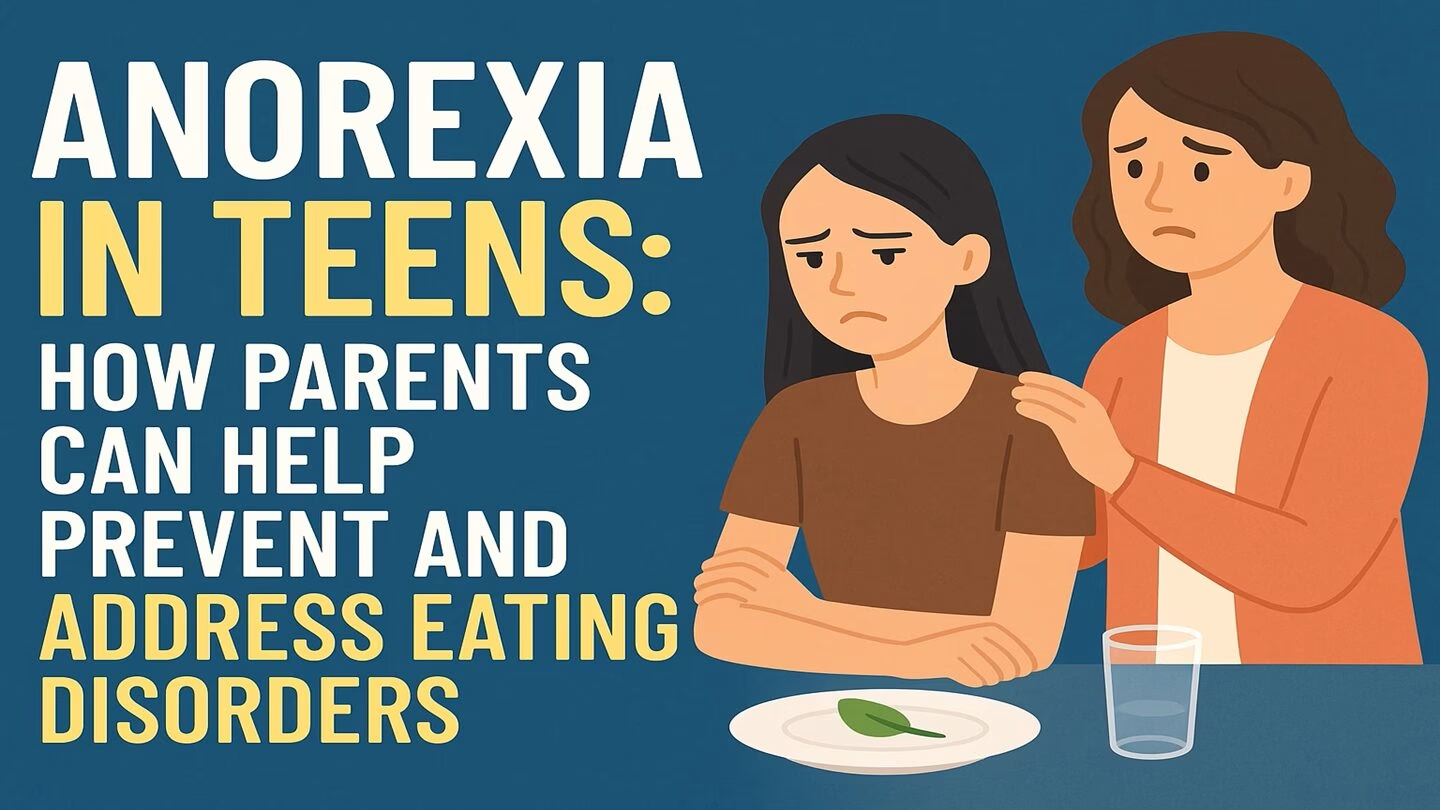
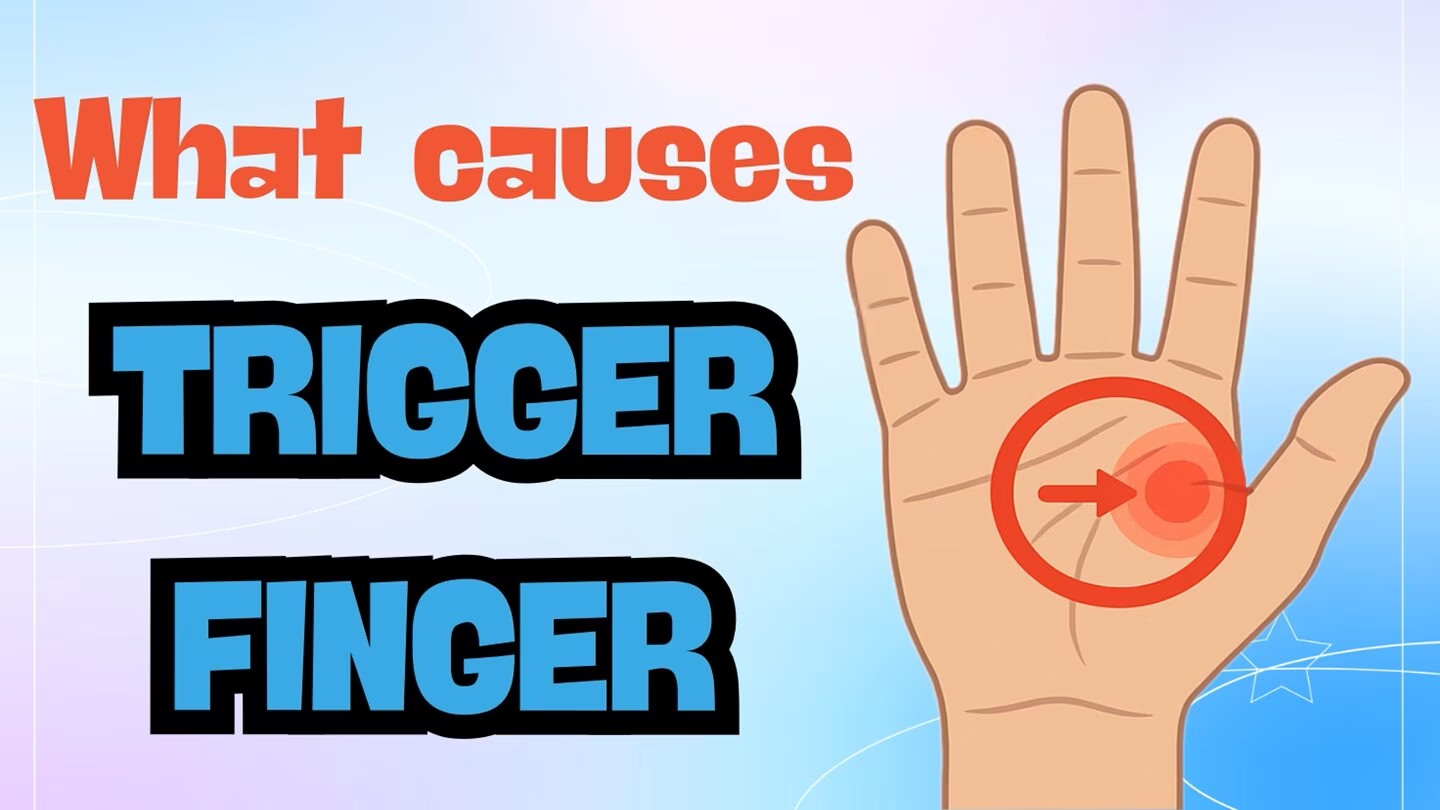

Add comment